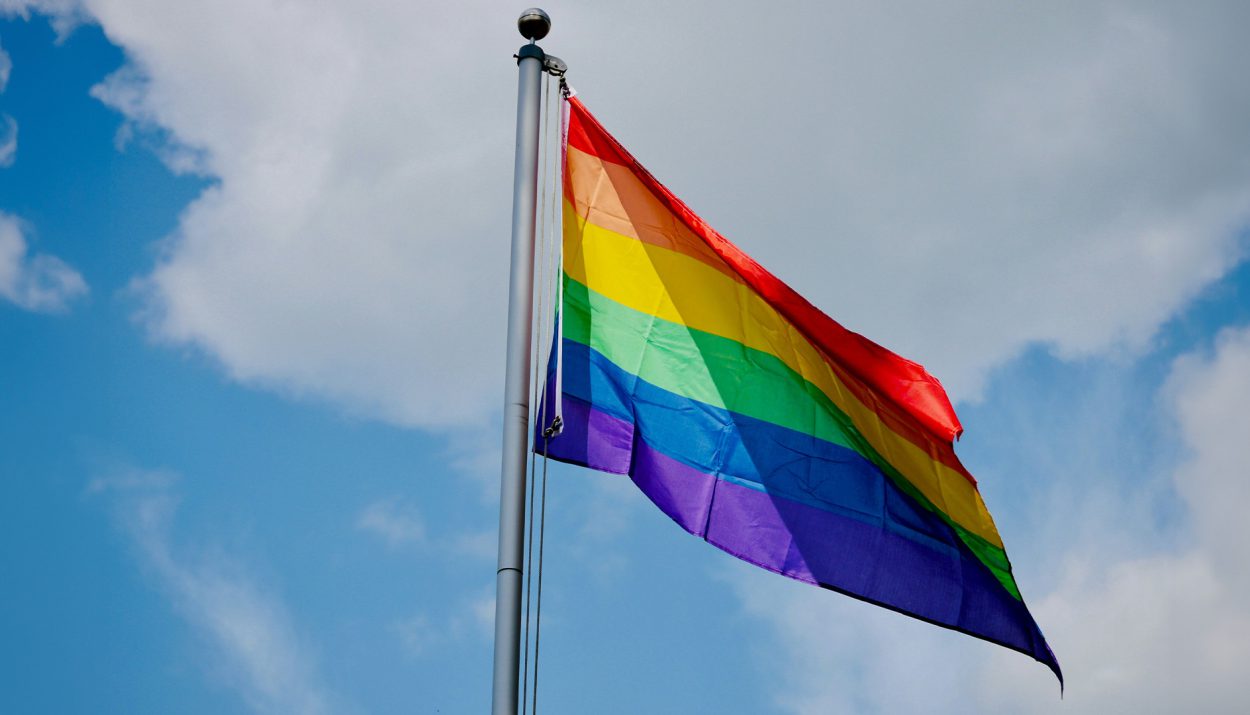A Michigan school district decided to dispense with its plan for a mini-lesson on gender identity and pronouns in an elementary classroom after the criticisms it got from people in the community, said Dewitt Public Schools Superintendent Shanna Spickard on Friday.
The district had announced the lesson as an optional activity for one first-grade class, separate from the regular curriculum to “promote greater understanding, compassion, and kindness regarding gender identity and the use of pronouns.”
Extreme Backlash Follows School Announcement
The district said it notified parents and guardians beforehand that they had the option of deciding whether or not their kids should partake in the activity.
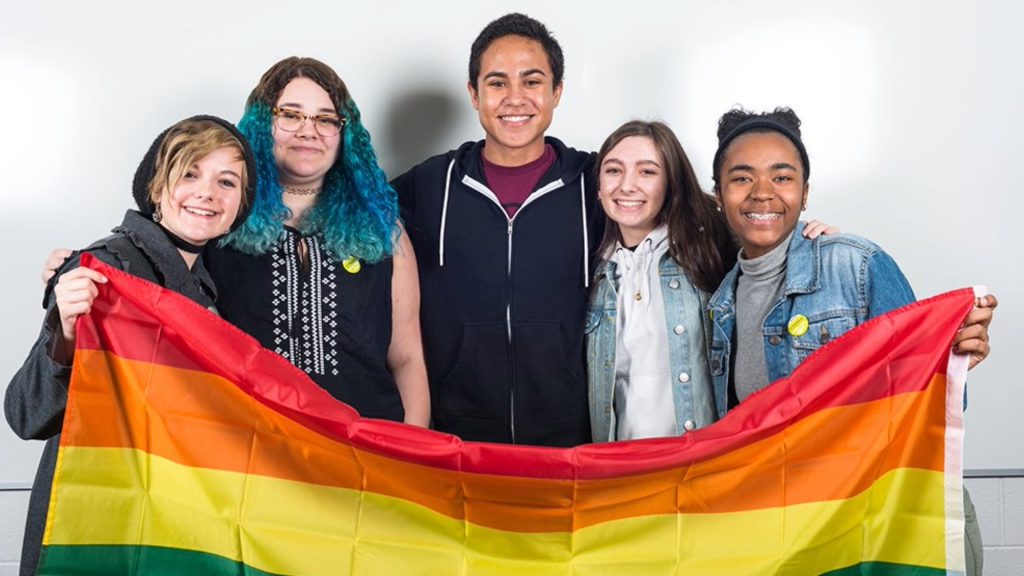
School district staff members reportedly got “inappropriate, angry, and threatening phone calls, emails, and social media messages” after the announcement and a few staff members had their personal information posted online “to harass and intimidate them,” Spickard said.
Safety Measures Implemented In Response To Inappropriate Communications
“While the vast majority of these inappropriate communications have originated outside of our community, several staff members have expressed feeling anxious, stressed, and even afraid to go to school,” she said. “This is unacceptable.”
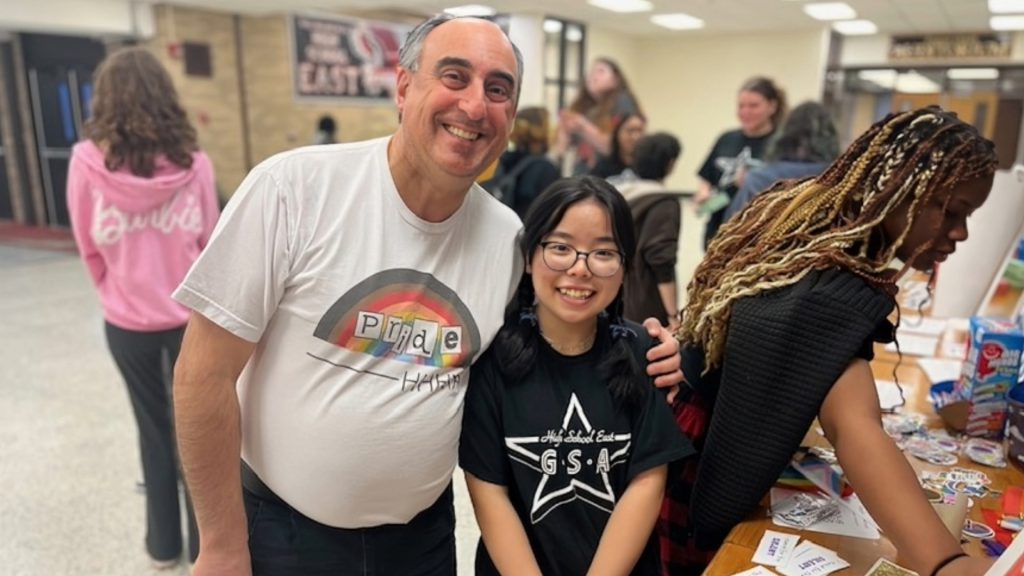
Spickard mentioned that the district has contacted local law enforcement. She also mentioned that as a precautionary measure, increased police and administrative presence have been put in place on school grounds.
Unexpected Disruption And Distraction Arises As Staff And Students Feel Unsafe
“The goal of the voluntary mini-lesson was to help promote Dewitt Public Schools’ vision of a safe, nurturing, and supportive learning environment where all learners can succeed. Unfortunately, it has become a major disruption and distraction to that vision in which our staff, administrators, and students feel unsafe,” Spickard said.
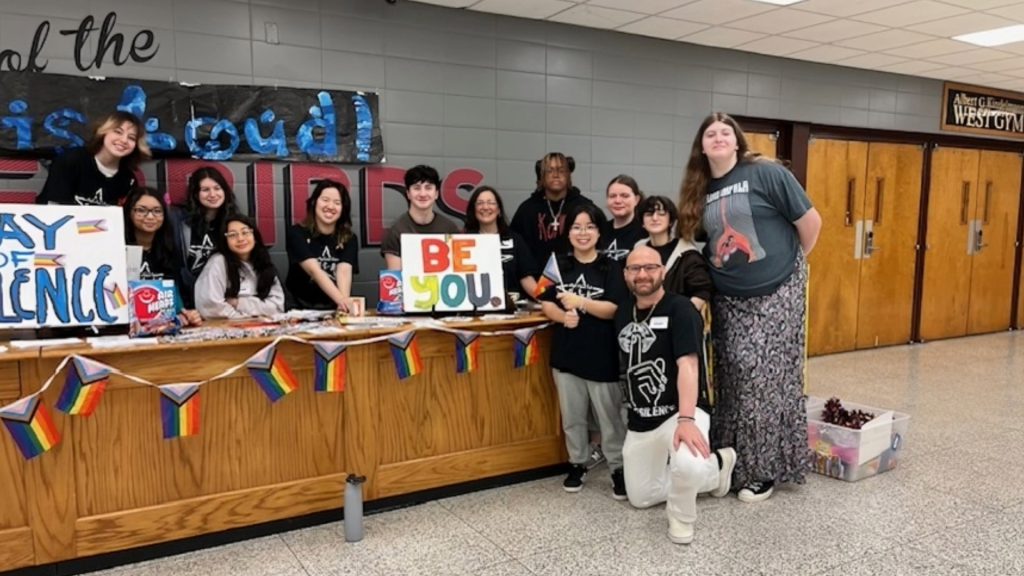
Two days before it withdrew its plans, the district sent a reminder to locals that the gender identity and pronoun lesson is optional and would solely be available for one first-grade classroom.
Announcement Receives Mixed Reactions From Community Members
“The mini-lesson is not designed to challenge, persuade, or alter family beliefs. Instead, it aims to promote a safe and respectful learning environment where all our students feel valued,” the district stated.
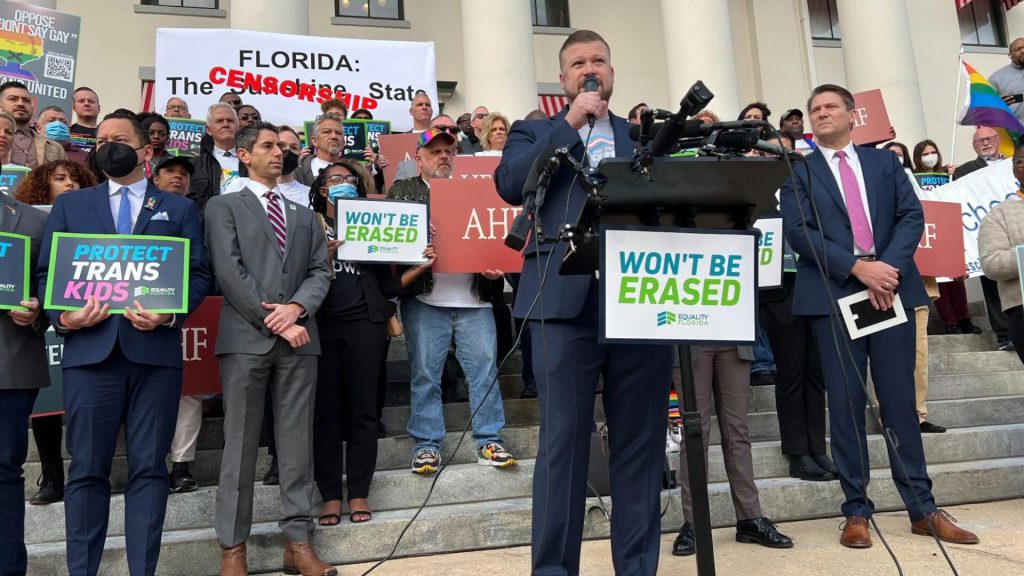
However, the announcement received mixed reactions from community members. “They don’t need to learn about anything that’s personal or sexualized or gender-specific at five years old,” DeWitt parent Brandi Strahan told NBC affiliate WILX, which covers the Lansing, Michigan, area.
Decision Will Please Some, Disappoint Others
A former DeWitt parent also told WILX: “Even if people don’t understand it, it’s all about inclusion and making every kid feel safe and welcome in any district,” a former DeWitt school parent told NBC affiliate WILX.

Spickard said the decision to withdraw plans for the mini-lesson was not made casually, and that the decision would “please some and disappoint others in the school community.”
Controversy Erupts Over TV Station’s Interview Clip On Lesson Opposition
A video from an interview with a parent who disagrees with a lesson was shared by both a far-right social media group called Libs of Tiktok and a conservative group called Moms for Liberty.
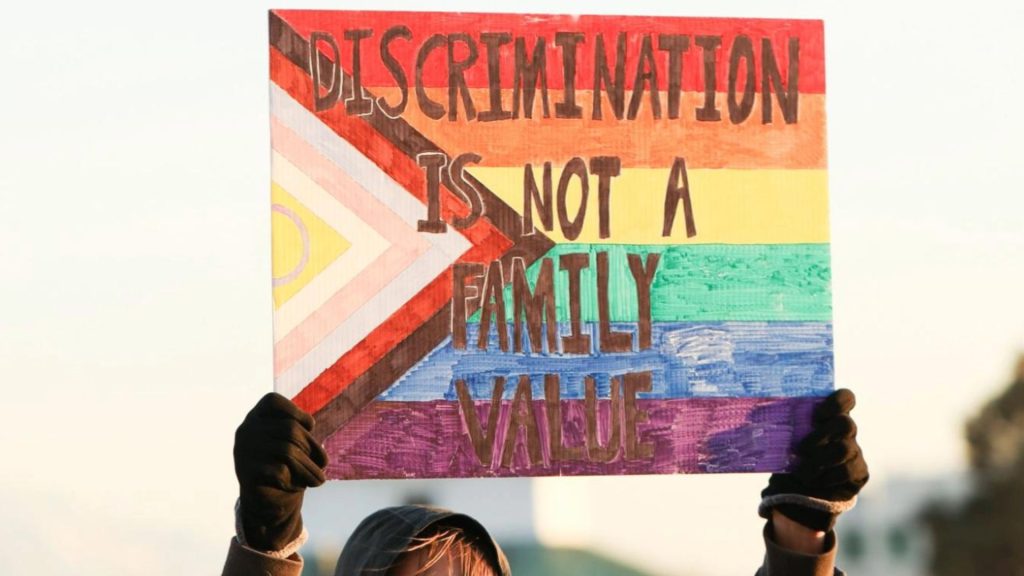
The TV station, WILX-TV, didn’t mention that the lesson was optional in their report. Now, there’s been a big backlash because of it.
Rep Criticizes Lesson, Sparks Social Media
State Representative Steve Carra, a Republican from Three Rivers, criticized the lesson in a Facebook post. His post garnered hundreds of comments and shares.

“Hire me to teach the kids,” Carra said in the post. “‘Little Jack, you’re a boy even if you pretend to be a girl. Other people shouldn’t be forced to pretend along with you. Your pronouns are he/him.’ Great, now back to reading, writing, and arithmetic…”
What Did The Lesson Plan Entail?
Students were to be introduced to they/them pronouns through an optional lesson in one classroom. These pronouns are preferred by individuals who don’t identify with traditional he/him or she/her pronouns.

The class had intended to read “They, She, He, Me: Free to Be!” by Matthew Sg and Maya Christina Gonzalez, and talk about themes such as pronoun usage and non-binary genders.
What Was The School’s Aim For The Lesson?
The school district informed community members that the purpose of the lesson was to help all students feel understood and included. Spickard previously said in a statement that the “lesson is to emphasize the importance of inclusivity, which is a core value of the district.

“The mini-lesson is not designed to challenge or alter family beliefs,” she continued. “Instead, it aims to ensure a safe and respectful learning environment.”
Which States Require LGBTQ Topics In Their Public School Curriculums?
California became the first state to demand the inclusion of contributions of lesbian, gay, bisexual, transgender, and queer (LGBTQ) figures and their roles in contemporary society in their social studies curriculum. Colorado and New Jersey passed similar legislation eight years later.
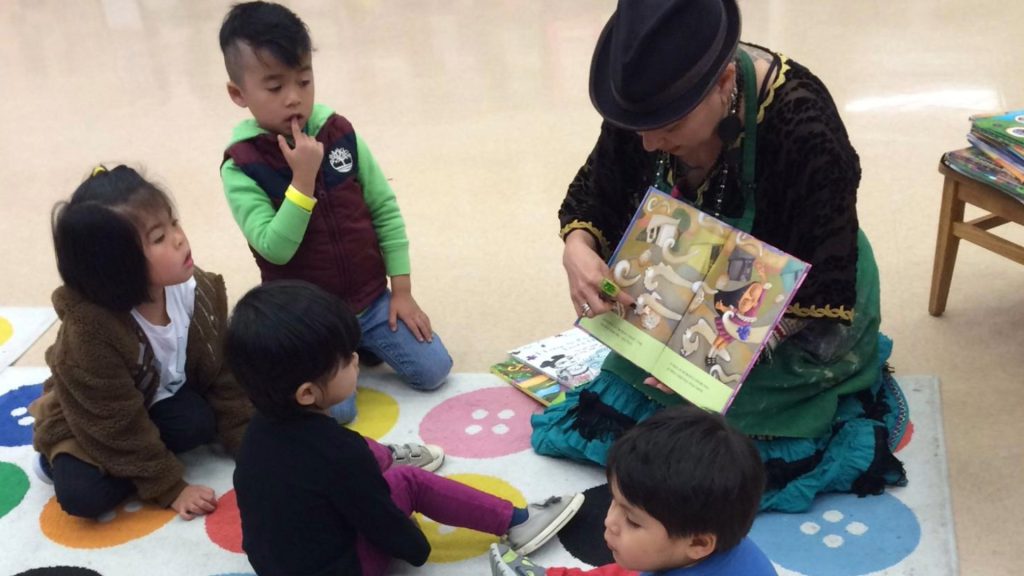
Just like the lack of diverse role models in academic fields, there’s also a shortage of inclusive sexual health education for LGBTQ students in public schools. A survey by the Williams Institute in September 2020 found that 9.54 percent of American youth aged 13–17 identify as LGBTQ.
LGBTQ Education Requirements Expand Across The U.S.
Accessing resources to teach gender identity is becoming more and more easier though. At least six states and Washington, D.C. also require that curriculums include LGBTQ topics including Nevada, Colorado, Oregon, California, Illinois, and New Jersey.
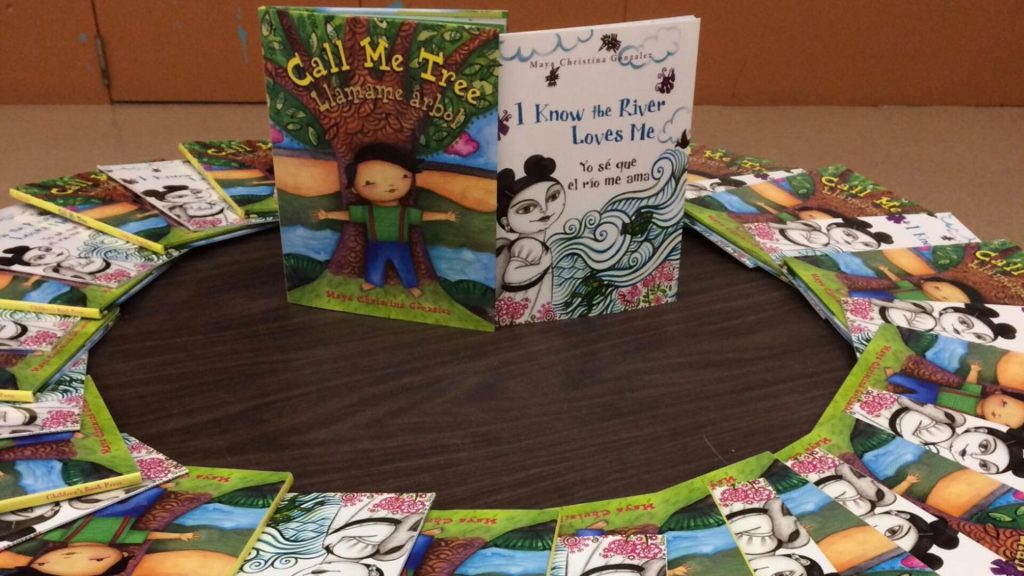
Washington has become the latest state to enact a law mandating the teaching of LGBTQ history in all public schools starting in 2025.
Evolution Of LGBTQ-Inclusive Education Legislation In The U.S.
Back in 2022, the American Bar Association reported that 11 states have enacted laws that ensure information affirming LGBTQ identities is included in the sex education curriculum. The association stated that five states and Washington, D.C. require that education on “LGBTQ sexual health and relationships” remains neutral.

Six states, including California, Colorado, Oregon, New Jersey, Rhode Island, and Washington, mandate that “LGBTQ-inclusive health education curricula” promote positive relationships.
Why An LGBTQ-Inclusive Curriculum?
Adolescence is a crucial time in every young person’s mental, emotional, and identity development. Research proves that the experiences a young person faces in school can play a very important role in their academic and social-emotional growth, and physical and mental health.
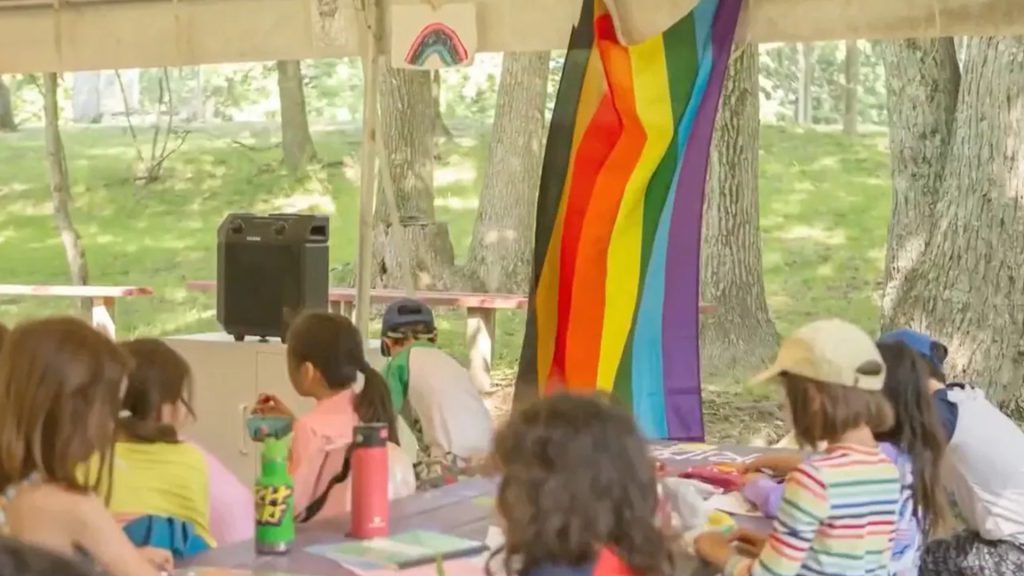
Making sure students get a good education means creating a welcoming school environment and offering emotional support to help them grow well. For LGBTQ students, this support is especially crucial to help them reach their goals.

